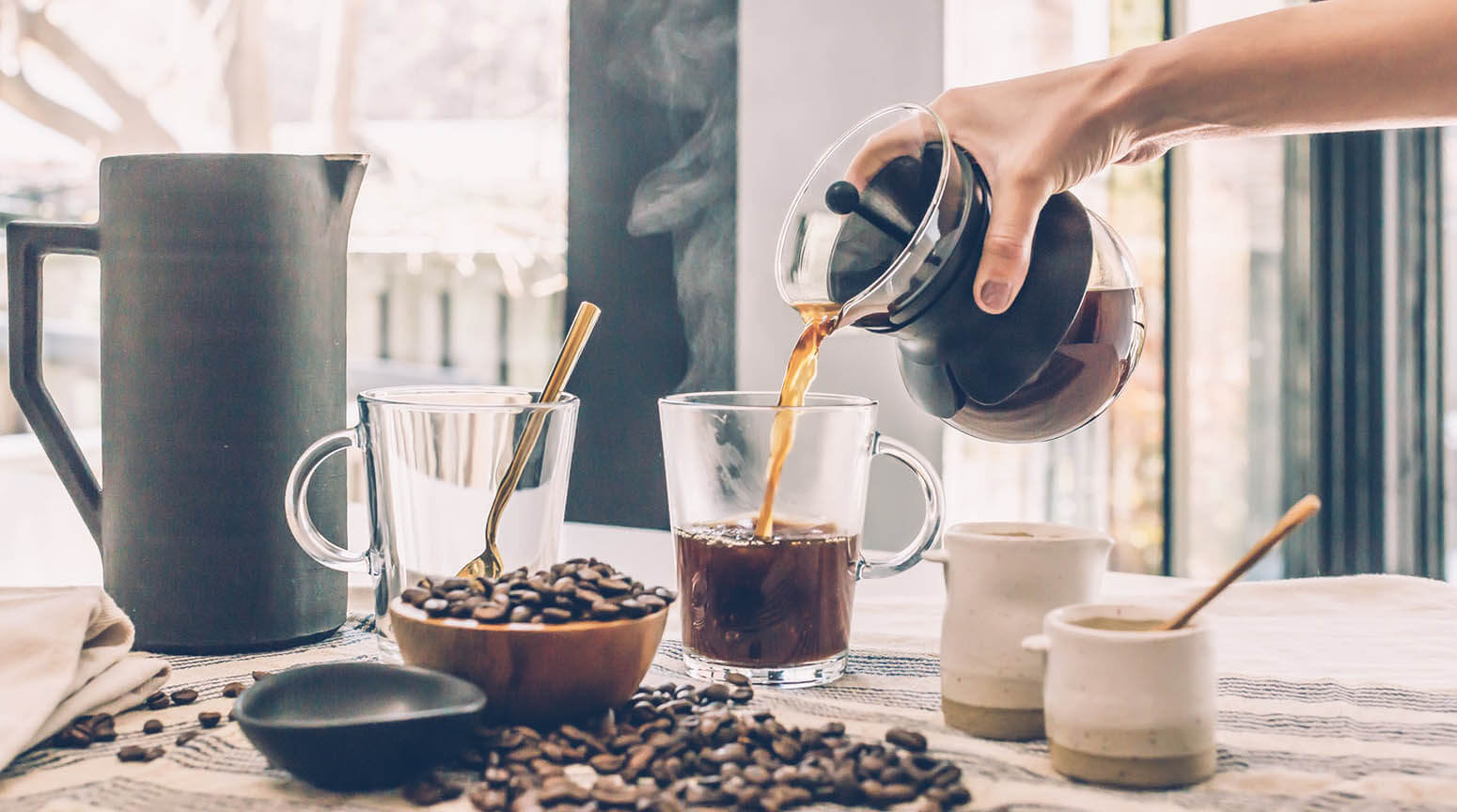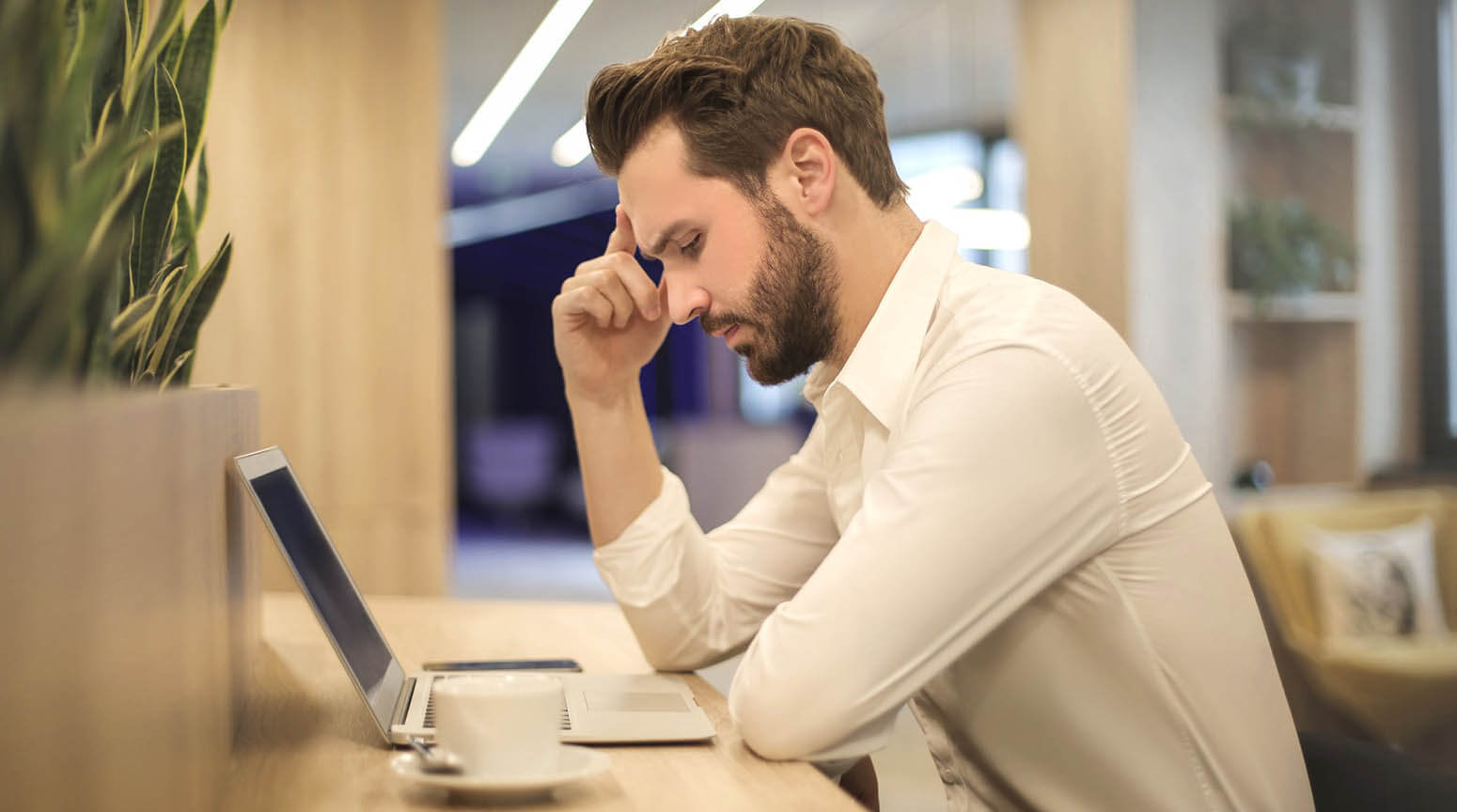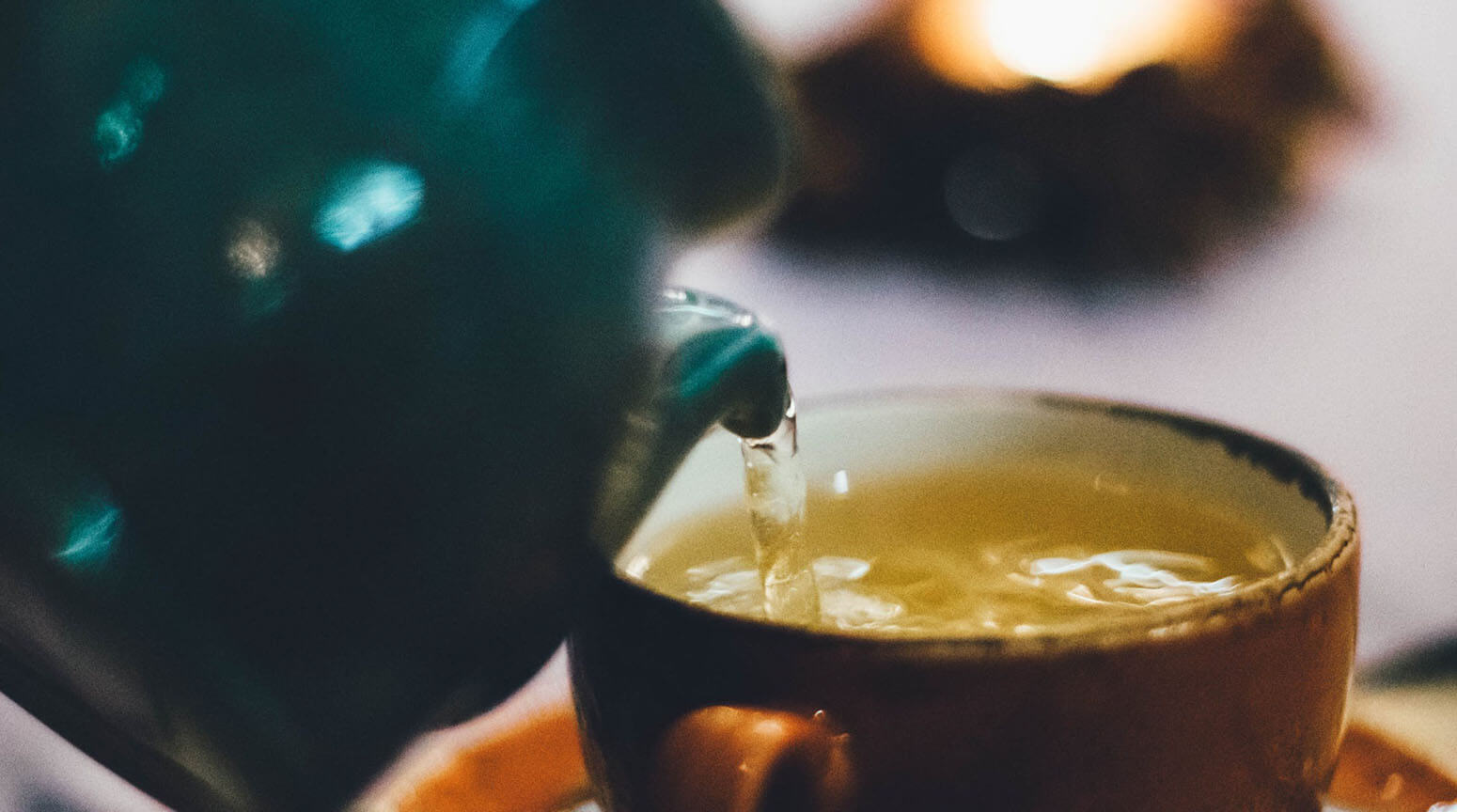Do you feel like your day doesn’t truly start until you have that first sip of caffeine? From the moment the coffee touches your lips, you can feel the surge of energy streaming through your veins and your mind waking from its slumber. For many, it’s a glorious way to start your day. On the other hand, there are those who think the effects of caffeine are nothing more than the placebo effect. However, there is scientific evidence that shows its effect on the body.
It only takes about 45 minutes for most of the caffeine you drink to be absorbed into your bloodstream, though its effects can last anywhere from 4 to 6 hours. The problem is that, if you want to keep enjoying the energy-boosting benefits of caffeine, you need to keep drinking it.
Unfortunately, not all of the effects caffeine has on your body and brain are helpful. In fact, some of them can be downright dangerous. Keep reading to learn more about the effects of caffeine on the body and mind and to receive some tips for beating your coffee addiction once and for all.
How Much Caffeine is Too Much?
Technically speaking, caffeine is a stimulant, and it is often described as the most commonly used psychoactive drug in the world. While some people sip a small cup of coffee while reading the paper in the morning, others make multiple trips to the corner coffee shop throughout the day, consuming anywhere from 3 to 6 cups of coffee over the course of a single day.
The Food and Drug Administration (FDA) considers caffeine to be both a food additive and a drug, recommending a maximum intake of 400mg per day. With over 90% of American adults consuming caffeine on a daily basis, the average daily consumption is 200mg per day, about the amount of caffeine you’d get from a 14-ounce Dunkin’ Donuts coffee.
But how exactly does caffeine affect the body and mind, and is it dangerous?
Though the effects of caffeine can last up to 6 hours, it takes less than an hour for your body to absorb most of the caffeine you drink through your epithelial tissue. Caffeine passes easily into the bloodstream through the lining of your mouth, throat, and stomach. Depending on your genetic makeup, your body may metabolize caffeine at a certain rate depending on your level of caffeine sensitivity:
- Hyposensitive – People who are hyposensitive to caffeine can take large doses (greater than 500mg) without feeling much effect – they can also consume caffeine close to bedtime without it affecting their sleep. About 10% of people are hyposensitive to caffeine.
- Normal – Normal caffeine sensitivity means that you can consume 200mg to 400mg per day without adverse reactions. As long as you stop consuming caffeine in the early afternoon, it shouldn’t affect your ability to fall asleep at night.
- Hypersensitive – If you are hypersensitive to caffeine, even small doses under 100mg can cause overdose symptoms such as jitters, rapid heart rate, and insomnia. People who are hypersensitive to caffeine may take twice as long for the body to metabolize it.
Many people fall somewhere in between these three levels of caffeine sensitivity, and you may already have some idea where you fall based on reactions you have noticed in the past. What you may not realize is that many of your body’s reactions to caffeine are internal, so you are unlikely to even be aware that they are happening.
What Does Caffeine Do?
In order to understand the effects of caffeine on the body, you first need to understand the basics about a chemical called adenosine. A naturally-occurring nucleotide, adenosine plays a role in cellular energy transfer by forming ATP and ADP – it also plays a role in cell signaling.
In the brain, adenosine is an inhibitory neurotransmitter. Throughout the course of a normal day, your adenosine levels slowly climb. As a central nervous system depressant, increasing levels of adenosine in the body is what causes you to become tired. Caffeine is similar in size and shape to adenosine, so the adenosine receptors in your brain can’t tell the difference, so the caffeine molecules bind to those receptors, preventing adenosine from binding. As a result, the effects of adenosine are blocked, and the caffeine prevents you from getting tired.
The problem is that by blocking adenosine receptors, caffeine allows other neurotransmitters to keep producing. As your dopamine levels increase, you experience a mild jolt of energy. Caffeine can also trigger the pituitary gland, causing it to release hormones like adrenaline which are normally released during a stress response. As a result, your pupils dilate, your heart beats faster, your blood pressure rises, and your liver releases sugar into the bloodstream for energy.
This is why, when you drink coffee, your hands may get cold, your muscles grow tense, and you feel a rush of energy and excitement as your heart beats more quickly. These symptoms are more commonly referred to as the caffeine “jitters”.
How Does Caffeine Affect the Body and Mind?
The energy-boosting effects of caffeine may sound relatively harmless. On the surface it may seem like they do more good than harm. The problem is that the energy-boosting effects of caffeine can only last for so long. When your adenosine receptors are clogged, all of that adenosine has nowhere to go. So, once the caffeine wears off, all of the adenosine rushes in, and you get very tired all at once. After the energy rush wears off, you may find that you feel even more tired than you did before.
In small doses, caffeine has been scientifically proven to provide a wide array of health benefits. For example, a study published in Medical News Today revealed that drinking three cups of coffee per day was correlated with a 50% lower risk of liver cancer. Another study showed that drinking four cups of coffee per day halved the risk for throat and mouth cancers. Moderate caffeine intake has been shown to boost long-term memory and may even protect against certain chronic diseases like type 2 diabetes, Parkinson’s disease, heart disease, and stroke.
Though there are some potential health benefits associated with caffeine, there are also negative effects – particularly if you consume more than 500mg to 600mg per day. Common side effects of excess caffeine consumption include nervousness, restlessness, upset stomach, insomnia, irritability, rapid heart rate, and muscle tremors. Not only can excessive caffeine consumption cause negative side effects, but its nature as a stimulant means that there is also a potential for addiction and withdrawal. These symptoms may include fatigue, headache, depression, irritability, nausea, vomiting, and difficulty concentrating.
Because the effects of excessive caffeine consumption and caffeine addiction can be severe, you may be thinking about kicking your caffeine habit. Keep reading to learn about natural alternatives to caffeine and to receive some tips for beating your caffeine addiction.
5 Ways to Beat Your Caffeine Addiction
Even if you don’t experience a negative reaction to caffeine, it could still be affecting your mind and body in ways you don’t realize. If you’re experience negative side effects, or if you simply want to find a healthier alternative, there are some simple things you can do to beat your caffeine addiction.
Here are 5 simple ways to beat your addiction to caffeine:
- Take a closer look at your caffeine habits to determine just how much you’re drinking on a daily basis. Different drinks like coffee, soda, and tea contain different levels of caffeine – you may even find it in over-the-counter pain relievers.
- Start cutting back gradually to reduce the risk of withdrawal. You could drink one fewer cup of coffee during the day or simply make your cups smaller.
- Quit drinking caffeine earlier in the day. In addition to slowly cutting back on how much caffeine you drink, you should also make changes to when you drink it. Stop drinking caffeine after 2pm, so the effects don’t last long enough to interfere with sleep.
- Switch to decaf or “half-caf”. If the main reason you drink coffee is because you like the taste, switch to decaf or to half-caf so you can still enjoy your favorite beverage.
- Change how you brew your tea. If tea is your caffeinated beverage of choice, you can reduce your caffeine intake by brewing your tea for less time or by going herbal – most herbal teas don’t contain caffeine because they are made from herbs rather than tea leaves.
Depending how much caffeine you’re used to drinking on a daily basis, cutting back could lead to withdrawal symptoms. Cutting back slowly may help to reduce these symptoms, but you should be prepared for them all the same. Following a healthy diet of whole foods will help provide your body with natural energy and regular exercise will boost your endorphins to give you a similar effect to caffeine, albeit for a shorter period of time.
Try These Natural Alternatives to Coffee
As you work on beating your caffeine addiction, you may want to try some natural alternatives to coffee. Fortunately, there are a number of beverages that have the potential to give you a natural boost of energy without any of the nasty side effects associated with caffeine.
Here are 10 natural alternatives to coffee that you might try:
- Matcha Tea – To make matcha tea, the leaves of the Camellia sinensis plant are steamed, dried, and ground into a fine green powder. Matcha tea is more highly concentrated in antioxidants than regular green tea, and it has a fresh, earthy flavor. To prepare matcha tea, add hot water to 1 to 2 teaspoons of matcha powder and stir slowly until dissolved then serve when frothy.
- Chicory Root – Chicory root, like coffee beans, can be roasted, ground, and brewed into a hot beverage that tastes similar to coffee. Brew 2 tablespoons for every 6 ounces of water or adjust the taste. You can sweeten chicory root just like coffee.
- Lemon Water – Not only is fresh lemon water caffeine-free, but it is also calorie-free which means that you can enjoy it any time of day. The vitamin C in lemon juice supports your immune system as well as your skin health.
- Golden Milk – A rich, warm beverage, golden milk is a healthy and caffeine-free coffee substitute. Golden milk consists of milk or non-dairy milk heated with turmeric, cinnamon, ground ginger, and black pepper. It is primarily known for its anti-inflammatory benefits.
- Chai Tea – This beverage consists of a mix of black tea blended with herbs and spices. Though black tea does still contain caffeine, it has a different chemical makeup and the potential to provide numerous health benefits. To make chai tea, steep 4 cardamom seeds, 4 cloves, and 2 black peppercorns with a cinnamon stick and 1 inch of fresh sliced ginger in 2 cups of water or milk for 10 minutes before straining into a mug.
- Yerba Mate – An herbal tea made from the dried leaves of the South American holly tree (Ilex paraguriensis), yerba mate is a natural coffee substitute. This beverage contains about 78mg of caffeine per cup, but it is loaded with beneficial plant compounds that coffee is lacking. Yerba mate is rich in antioxidants as well as essential nutrients like riboflavin, iron, and calcium.
- Rooibos Tea – Also known as red tea, rooibos tea is a non-caffeinated beverage originally made in South Africa. This tea is rich in antioxidants which may protect against cancer and heart disease in addition to helping you feel a little more alert and energized. Prepare rooibos tea by steeping 1 to 1 ½ teaspoons of loose rooibos in a cup of hot water for up to 10 minutes.
- Apple Cider Vinegar – Made by fermenting crushed apples, apple cider vinegar is rich in acetic acid which provides myriad health benefits. Apple cider vinegar may help lower blood sugar and cholesterol while improving weight loss and heart health. Try drinking 1 to 2 tablespoons mixed with a cup of cold water once a day.
- Kombucha – Made by fermenting black tea with bacteria, yeast, and sugar, kombucha is a probiotic beverage rich in antioxidants. In addition to providing a boost of energy, kombucha may provide similar benefits to green tea such as improved cholesterol levels, increased calorie burn, and blood sugar control.
- Coconut Water – Derived from young coconuts, coconut water is naturally sweet, and it is loaded with electrolytes and naturally-occurring bioactive enzymes. Not only can coconut water give you a boost of natural energy, but it is a healthier alternative to sugary sports drinks as well.
We all have our vices and for some, drinking too much coffee is one of them. Excessive consumption of coffee can lead to some significant side effects, so it may be a good idea to start cutting back, even if you don’t feel like you need to.
Give some of the natural coffee alternatives listed above a try – you might just find that you like them better than coffee!




